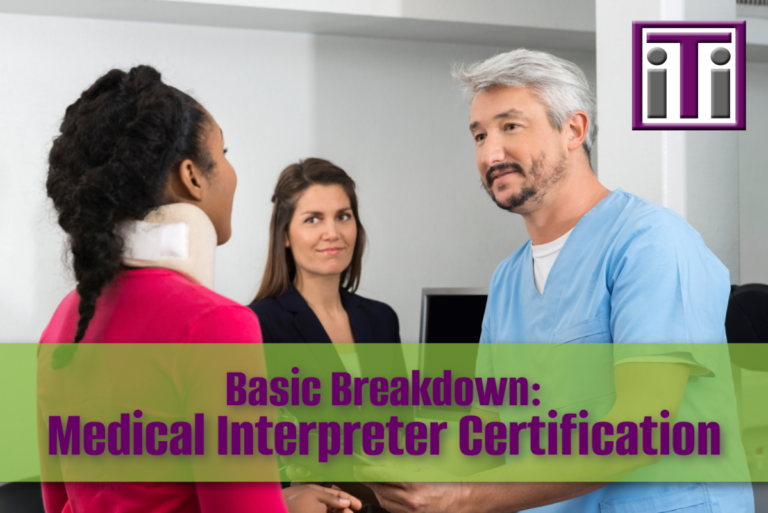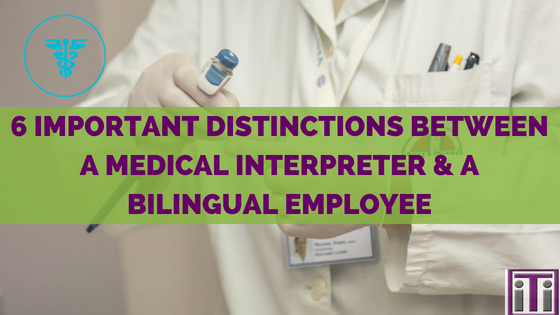Category: Interpreter Testing and Training
Language barriers can be a significant challenge in healthcare. Ensuring full language access isn’t just a compliance issue—it’s a fundamental matter of equity, diversity, and inclusivity. Here’s how creating a comprehensive language access plan can transform healthcare experiences for providers and their patients. Benefits of a Full Language Access Plan…
Read More >>The Law Regarding Medical Interpreting is Changing. Section 1557 of the Affordable Care Act (ACA) is being amended. It will require medical providers to document they are working with a “qualified interpreter.” Healthcare providers who receive government funding must only use Qualified or Certified medical interpreters for assignments. This will…
Read More >>That’s a great question. And the answer is…complicated. When it comes to interpreting, your bilingual employees can be among your greatest assets. They can also be some of your biggest liabilities. Interpreting is a skill. Interpreting is a distinct skill and is different from fluency. A conversation between people who…
Read More >>With nearly 70 million people in the United States speaking a primary language other than English, odds are you are encountering more and more LEP (Limited English Proficient) patients every day. Because a patient’s well-being is on the line, healthcare providers must assist them as quickly and effectively as possible.…
Read More >>



